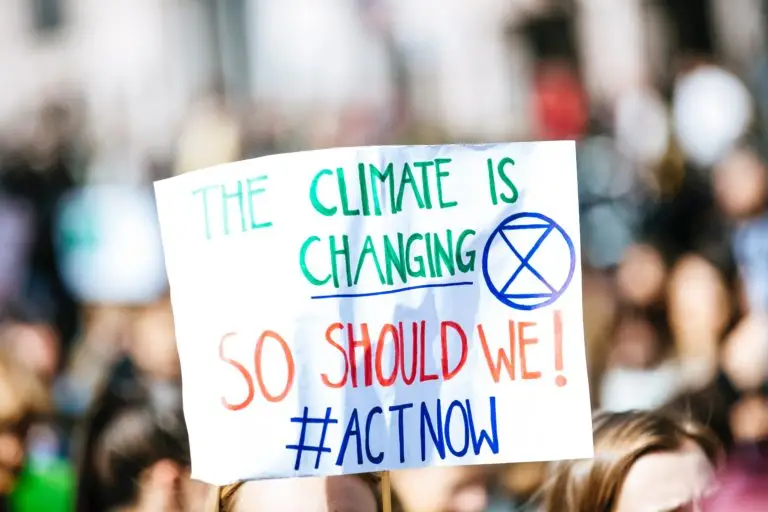Half a year ahead of the United Nations Climate Change Conference in Egypt, the UK and Egypt chaired a Ministerial Meeting on Implementation in Copenhagen from 12 to 13 May. The aim: assessing the status quo of implementing the ambitions agreed upon at last year’s COP26 in Glasgow and define priorities ahead of and for COP27 in Sharm el-Sheikh, Egypt. Whilst the Ministerial Meeting went under the radar, largely ignored by international media, it offers a useful insight into the status quo of international climate diplomacy.
COP26 determined what was already known: the current climate ambitions are not at all sufficient to achieve the 1.5-degree objective of the Paris Climate Agreement. Consequentially the conference urged countries to enhance both climate ambitions and actions – and to align these according to scientifically identified needs.
The Glasgow Climate Pact outlines some concrete actions like the coal phase-down and increased transparency on nation’s climate policies, known as Nationally Determined Contributions, which have been requested to be delivered by 2022 (and not in 2025 as agreed in the Paris Agreement). It also consists of several vague asks, such as parts of the pact that “invite” countries to “consider” reducing not only carbon emissions but also other dioxide greenhouse gas emissions.
COP27 will take place from 7-18 November 2022 in Sharm el-Sheikh. While the concrete agenda is not yet known, the conference will centre on how the aims from COP26 can be implemented. This is mainly a matter of finance, not exclusively but especially for developing and poorer countries. At COP27 Egypt will take on the role as the representative of the African continent and make sure that questions about compensation for climate change related damages, as well as the financing of the African countries’ energy transition are far up on the agenda.
The Press Conference following the Ministerial Meeting did not shed any light on a question everyone is asking: will Egypt allow polluters like oil and gas companies to come back to the conference to be part of the discussion? After they were declared personae non gratae in Glasgow, many would see this as a step backwards. However, it is no secret that oil and even more gas play a crucial role in the Egyptian economy. This is also true for many other African Nations. That became very clear when Macky Sall, Chairperson of the African Union and President of Senegal, demanded a ‘fair and equitable energy transition’ through financial support for the development of gas resources at the EU-AU Summit in February 2022.
Moreover, the Russian war in Ukraine has shifted the global energy agenda towards energy security. It has increased the need for a more diversified energy supply and thereby triggered new momentum for hydrocarbons across the world. The EU, for example, is in dire need of new energy suppliers. Natural gas from North African countries seems to be a relatively quick and easy fix given the high reserves and geographical proximity.
So, we might well see polluters invited back to the table. Yet, the Egyptian Government remains aware of the sensitivity of the issue, and since its very keen to ensure that COP27 is well received globally, the ban might be upheld.
Another question that arises is not about the conference itself, but about the protests that traditionally accompany the United Nations Climate Change Conferences and play a pivotal role for civil society to express criticism. Egypt’s Minister of Foreign Affairs and COP27 President-designate, Sameh Shoukry, implied that COP27 will be an event open to all actors. However, whether free protests will actually be possible around the conference is highly doubtful. The Egyptian government is not exactly liberal when it comes to demonstrations. On the contrary: demonstrations are de facto forbidden. Additionally, Sharm el-Sheikh, a flagship of the Egyptian tourist sector, was chosen as a remote and exclusive location for COP27 leading to a reduced accessibility for climate activists.
It remains to be seen how COP27 will be implemented in Egypt and whether polluters and civil society will really be able to participate at or around the conference. Details will continue to emerge following planning sessions between Egypt and it partners.




